-
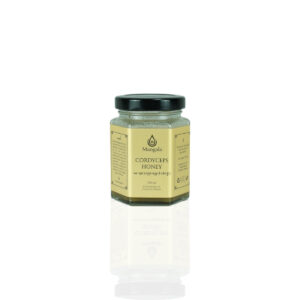
Mangala Cordyceps Honey Gold
$115.00 Add to cart -
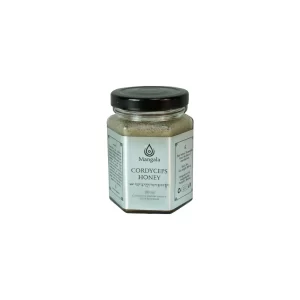
Mangala Cordyceps Honey Silver
$39.00 Add to cart -
Sale!
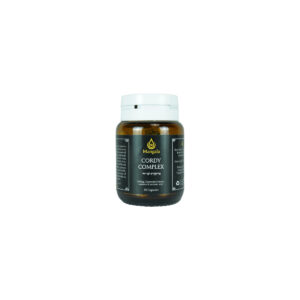
Cordy Complex Capsules
$90.00Original price was: $90.00.$79.00Current price is: $79.00. Add to cart -
Sale!
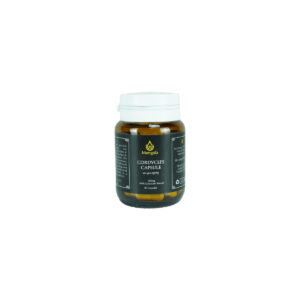
Pure Cordyceps Capsule
$199.00Original price was: $199.00.$179.00Current price is: $179.00. Add to cart -
Sale!
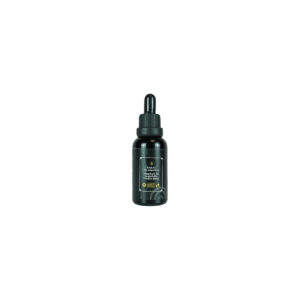
Crodyceps Tincture by Mangala
$69.00Original price was: $69.00.$39.00Current price is: $39.00. Add to cart -
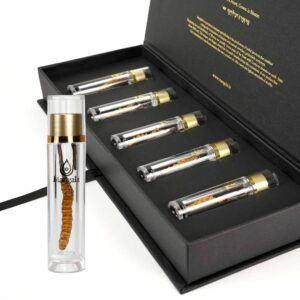
Cordyceps in 5 tubes
$69.00 Add to cart -
Sale!
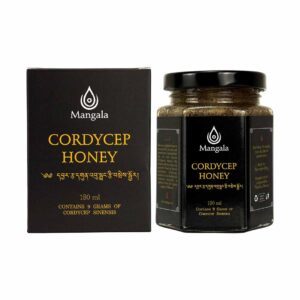
Cordyceps with Honey, 180ml
$279.00Original price was: $279.00.$269.00Current price is: $269.00. Add to cart -
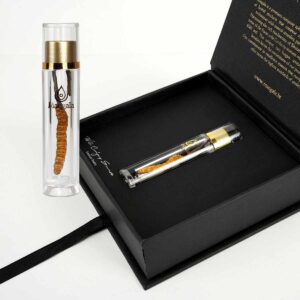
Cordyceps in Tubes, 1 tube
$49.00 Add to cart -
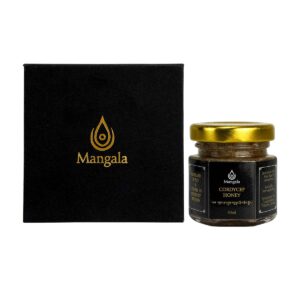
Cordyceps with Honey, 40ml
$79.00 Add to cart -
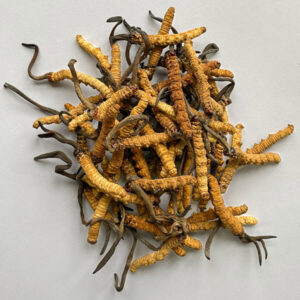
Wild Cordycep Sinensis
$360.00 – $3,600.00 Select options This product has multiple variants. The options may be chosen on the product page
FAQ
How to eat cordyceps sinensis?
In Bhutan, we usually boil 500ml of water with 3-4 pieces of Cordyceps on a low heat until it reaches the boiling point for an individual. Then we put it in a thermal flask and leaving it on for several hours, as it has a greater impact than ingesting it immediately after. If you want to eat it in the morning, you may make it the night before and have it in the morning. If you feel sleepy after ingesting Cordyceps, it implies you need to lower the amount of Cordyceps used in the preparation. If you don’t feel anything, you can increase the dosage of Cordyceps.
Is cordyceps sinensis safe?
what are the benefits of cordyceps sinensis
what does cordyceps sinensis do
what is cordyceps sinensis used for
what is the difference between cordyceps militaris and cordyceps sinensis
where can i buy cordyceps sinensis
Cordyceps can be bought anywhere in Bhutan, mostly in the western region of Bhutan.
However, there are only few officially registered exporters that have proper documentation and sourcing information. Therefore ensure that you purchase it from a proper exporter.
how much of cordyceptin is in cordyceps sinensis
what is cordyceps sinensis powder
Visit Us
- Langjophakha
- +975 17111808/ 77696969
- [email protected]
OPENING HOURS
- Monday - Friday:
- 10:00AM - 5:00PM
- Saturday - Sunday:
- 10:00AM - 1:00PM
Join our Community
Get updates on special offers and receive your first gifts us!
